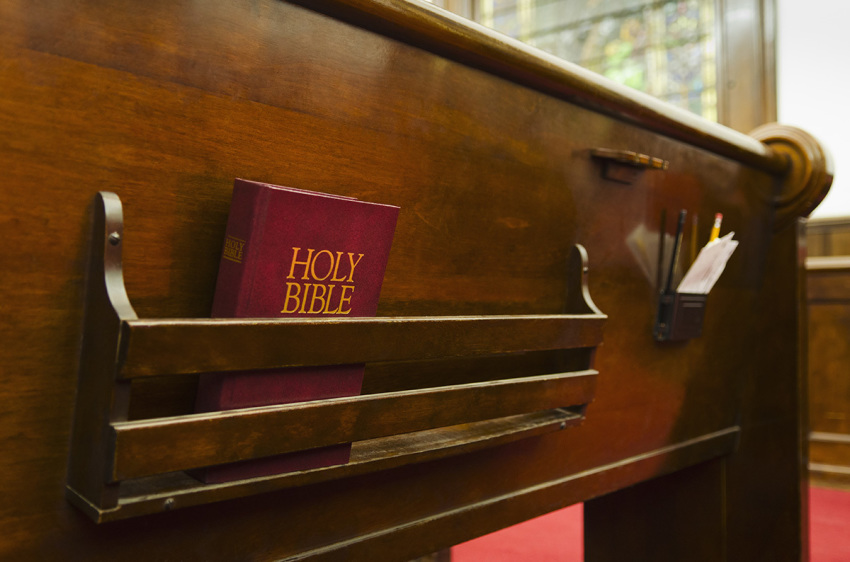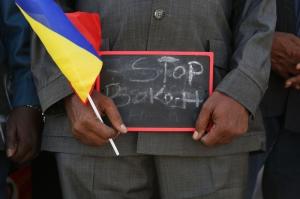Pastors reveal how the economy is impacting their church, tithes and offerings: poll

A majority of Protestant pastors in the United States believe the current state of the economy is negatively impacting their churches, according to a new poll.
Lifeway Research released a report Tuesday based on responses from 1,000 Protestant pastors conducted from Sept. 6-30 examining their views on the impact of the U.S. economy.
A small majority of pastors (52%) said they thought the economy was negatively impacting their church. Forty-five percent of pastors viewed the economy as “somewhat negatively” impacting their church, while 6% believed that it was “very negatively” affecting their church.
By contrast, just 5% thought the economy was “somewhat positively” impacting their church and 2% said that it was “very positively” impacting their church. Forty percent of respondents said the economy had no impact on their church.
The share of respondents who believed the economy was somewhat negatively impacting their church increased from 34% in 2021 to 45% in 2022, but remains below what was reported from 2007 to 2014, when at least half of the pastors surveyed had a negative view of the economy’s impact on their churches.
Lifeway Research Executive Director Scott McConnell attributed the statistics to “outside economic factors” including the expiration of “temporary assistance from the [Coronavirus Aid, Relief and Economic Security] Act and prices and interest rates rise.”
The CARES Act was one of several measures passed by Congress purportedly to help businesses stay afloat as the coronavirus pandemic led elected officials to force businesses to close for several months or longer. Many businesses never recovered.
“The souring of pastor attitudes toward the economy is more about rising expenses than declining income,” McConnell added in a statement. “Declining year-over-year giving is a factor for almost a quarter of churches, but this is a similar rate to what churches have averaged for over a decade.”
The survey identified pastors from the northeast as the most likely to select “very or somewhat negatively” when asked about the impact of the economy on their church. Pastors of congregations with fewer than 50 people were more likely than leaders of larger churches to describe the impact of the economy as “very or somewhat” negative.
Fifty-eight percent of pastors affiliated with the Church of Christ selected “very or somewhat negatively,” followed by 57% of Presbyterian/Reformed pastors, 56% of Methodist pastors, 54% of Baptist pastors and 39% of Pentecostal pastors.
Forty-one percent of Methodist pastors said they received about the level of donations they expected, as did 28% of Baptist pastors, 27% of Lutheran pastors and 23% of Pentecostals.
Thirty-five percent of male pastors experienced an increase in donations at their churches over the past year compared to 22% of female pastors. Nearly twice as many African American pastors (36%) saw a decrease in donations over the past year than white pastors (22%). Additionally, 29% of Methodist pastors witnessed a decline in donations, along with 17% of Lutheran pastors.
A slightly higher share of Lutheran pastors (24%) described the amount of charitable giving at their churches as “above 2021's offerings,” but an even larger percentage of Pentecostals (39%) experienced a similar increase.
Nearly twice as many female pastors as male pastors (10% vs. 6%) thought the economy was “very or somewhat negatively” impacting their churches.
Thirty-seven percent of pastors with a doctoral degree reported receiving a smaller-than-expected amount of donations, followed by 35% of pastors with a bachelor’s degree and 26% of those with a master’s degree.
Around four in 10 pastors (42%) responded that the volume of donations their congregation received was on par with the amount given in 2021, while 32% said they received a higher amount of giving in 2022 than last year and 23% had a lower level of giving.
In 2020, during the COVID-19 pandemic lockdowns and before the vaccine became widely available, Lifeway Research found that 48% of Protestant pastors replied that the economic downturn had either "somewhat" or "very" negatively impacted their churches.
Ryan Foley is a reporter for The Christian Post. He can be reached at: ryan.foley@christianpost.com



























